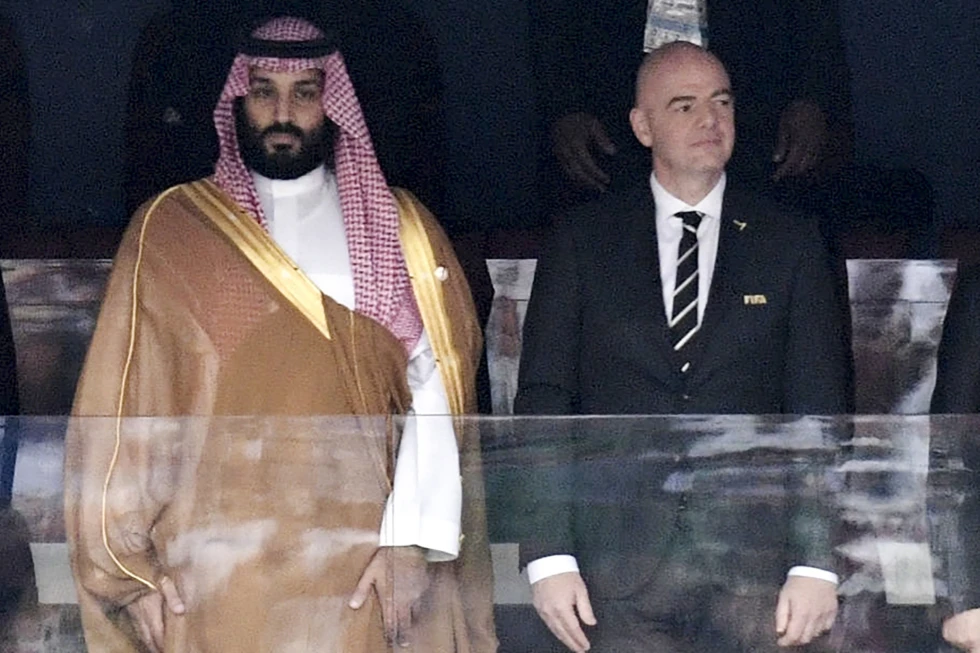FIFA’s announcement to award Saudi Arabia the 2034 World Cup has drawn sharp criticism from human rights advocates, who fear a repeat of the abuses witnessed during Qatar’s 2022 preparations. On November 30, FIFA praised Saudi Arabia’s bid, giving it the highest evaluation score among contenders and categorizing its human rights risks as “medium.”
The same day, FIFA rejected recommendations to compensate migrant workers exploited during Qatar’s World Cup construction, sparking accusations of disregard for past lessons. Human rights groups have condemned the decision as dismissive and insulting, highlighting the organization’s failure to address systemic labor abuses.
Qatar’s preparations for the 2022 tournament revealed the brutal realities faced by migrant workers. Thousands of low-wage laborers from South Asia endured unsafe working conditions, withheld wages, and passport confiscations under the oppressive “kafala” system. The death toll, with many fatalities linked to extreme working conditions, was described as a form of modern slavery.
Saudi Arabia’s ambitious plans for the 2034 World Cup include constructing 11 new stadiums, expanding its transport network, and adding over 185,000 hotel rooms. With a workforce exceeding 13 million foreign nationals, including 2 million Bangladeshi workers, rights groups fear large-scale exploitation will escalate.
Troubling reports have already surfaced. Bangladeshi laborers working on Saudi Arabia’s first proposed World Cup stadium have reported severe rights violations, including massive recruitment debts, delayed wages, and grueling 10-hour shifts in scorching heat. Many live in squalid, overcrowded quarters described as prison-like.
A Guardian investigation this year revealed an average of four Bangladeshi deaths per day in Saudi Arabia, with many cases unexamined. Amnesty International has called for a halt to the bidding process until Saudi Arabia implements significant labor reforms, warning of continued exploitation and fatalities without intervention.
Saudi authorities and FIFA argue the tournament will improve worker conditions, echoing promises made before Qatar’s event. Yet, workers in Qatar report minimal progress, with many facing unemployment, food insecurity, and worsening conditions after the World Cup.

